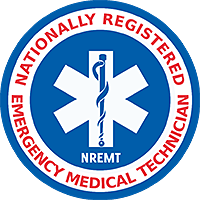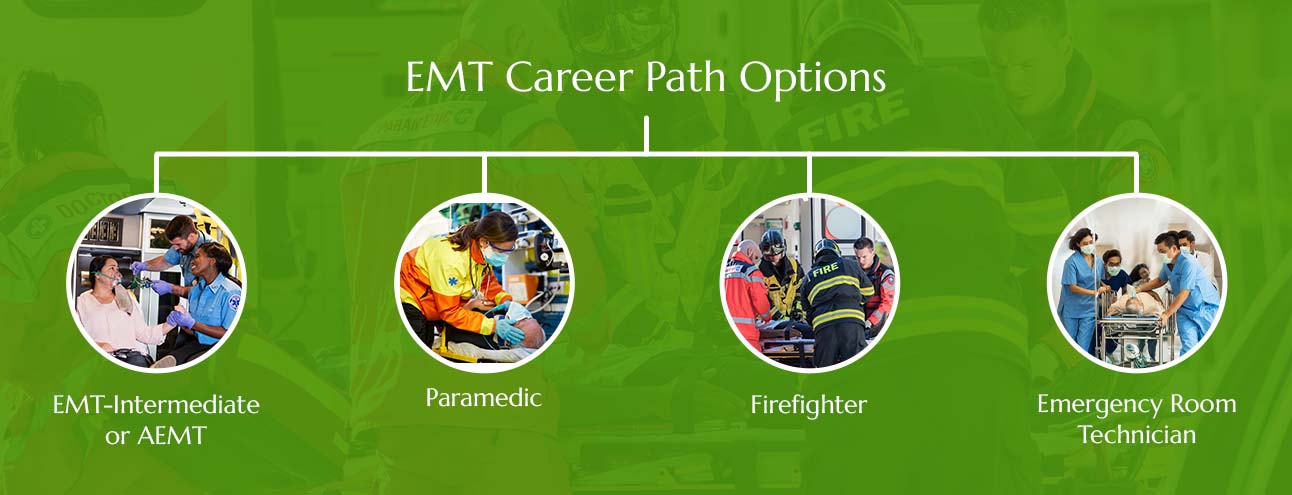
EMT (Emergency Medical Technician)
EMT (noun): a specially trained medical technician certified to provide basic emergency services (such as cardiopulmonary resuscitation) before and during transportation to a hospital
Ready to begin an exciting career in EMS (Emergency Medical Services)? Becoming an EMT is your first step! These professionals are desparately needed throughout the country, and in more areas than just EMS. Some other industries that hire emergency medical technicians are fire departments, police, forest service, industrial plants, offshore, private contractors, and more.

PERCOMOnline has been creating new EMTs worldwide since 2007. Training to the current standards of NREMT with high pass rates on certification exams.
Understanding the Vital Role of EMTs: A Guide to Emergency Medical Technicians
In times of crisis, when every second counts, Emergency Medical Technicians are the first responders who swiftly arrive on the scene, equipped to provide critical medical care. These unsung heroes play a crucial role in saving lives and stabilizing patients during emergencies. Let’s delve deeper into the world of EMTs and understand the invaluable services they provide.
What is an EMT? They are highly trained medical professionals who specialize in emergency care. They are skilled in assessing patients, administering life-saving interventions, and transporting individuals safely to medical facilities. EMTs undergo rigorous training programs to acquire the knowledge and skills necessary to respond effectively to a wide range of emergencies.
Services Provided by EMTs:
Emergency Response: EMTs are the frontline responders to various emergencies, including medical incidents, trauma cases, and accidents. They assess the situation, provide initial medical treatment, and stabilize patients before transportation to a hospital.
Medical Assessment: EMTs conduct thorough medical assessments to evaluate patients’ conditions, identify injuries or illnesses, and determine the appropriate course of action. Their quick and accurate assessments are crucial in delivering timely care.
Life-saving Interventions: EMTs are trained to perform essential life-saving procedures such as CPR, defibrillation, airway management, and bleeding control. These interventions are critical in preserving life and preventing further deterioration of patients’ conditions.
Patient Transportation: EMTs safely transport patients to medical facilities, ensuring they receive the necessary care en route. They prioritize patient comfort and safety during transportation, utilizing specialized equipment and techniques to stabilize patients during transit.
Communication and Collaboration: EMTs work closely with other healthcare professionals, including paramedics, nurses, and physicians, to ensure seamless coordination of care. Effective communication and collaboration are essential in delivering optimal patient outcomes.
Why Choose EMS Services? EMTs provide rapid, on-site medical assistance during emergencies, significantly reducing response times and improving patient outcomes. Their expertise, coupled with specialized equipment and resources, enables them to deliver high-quality care in diverse settings.
Additionally, EMS services are accessible and available 24/7, ensuring prompt response to emergencies anytime, anywhere. Whether it’s a medical crisis at home, a car accident on the road, or a public event requiring medical assistance, EMTs are prepared to intervene swiftly and effectively.
In Conclusion: Emergency Medical Technicians are indispensable members of the healthcare community, dedicated to saving lives and providing compassionate care during emergencies. Their unwavering commitment, expertise, and quick response make them invaluable assets in safeguarding public health and well-being.
When faced with an emergency, remember that EMTs are just a phone call away, ready to spring into action and provide the critical care you need. Trust in their skills, experience, and dedication to deliver the lifesaving assistance you deserve.
Frequently Asked Questions
Can I have more information about your EMT Program?
What are the license requirements for an EMT in Texas?
How do I pay tuition and start the process of becoming an EMT?